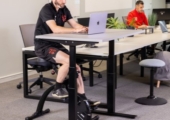December 7, 2017
Over half of workers say they are more productive working from home than a chilly office
 Chilly offices mean that over half (57 percent) of office workers say they’d be more productive working from home when the weather gets colder. Their main reason is that too many workplaces (50 percent) do not handle weather complaints effectively. According to Office Genie’s survey of 1,105 British office workers, only 6 percent of employers encourage staff to work remotely in the colder weather. Bosses are also reluctant to let employees work flexibly instead of freeze, with only 16 percent of companies adopting flexible working patterns in the colder months. Even simple provisions such as supplying additional heaters are not in place in 70 percent of offices – failing to comply to the government’s Health and Safety Executive’s advice. Of the 1,105 office workers we surveyed, 50% said complaints about office temperatures aren’t dealt with effectively by management. And while HSE guidelines state workplaces shouldn’t dip below 16°C but when we asked workers their ideal office temperature, 20°C was the resounding answer.
Chilly offices mean that over half (57 percent) of office workers say they’d be more productive working from home when the weather gets colder. Their main reason is that too many workplaces (50 percent) do not handle weather complaints effectively. According to Office Genie’s survey of 1,105 British office workers, only 6 percent of employers encourage staff to work remotely in the colder weather. Bosses are also reluctant to let employees work flexibly instead of freeze, with only 16 percent of companies adopting flexible working patterns in the colder months. Even simple provisions such as supplying additional heaters are not in place in 70 percent of offices – failing to comply to the government’s Health and Safety Executive’s advice. Of the 1,105 office workers we surveyed, 50% said complaints about office temperatures aren’t dealt with effectively by management. And while HSE guidelines state workplaces shouldn’t dip below 16°C but when we asked workers their ideal office temperature, 20°C was the resounding answer.






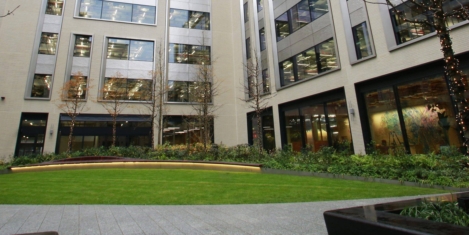
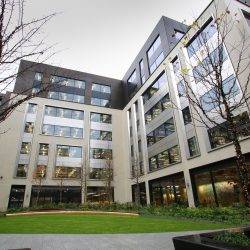

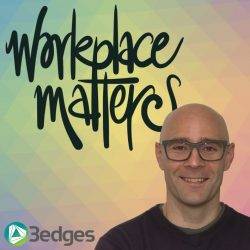




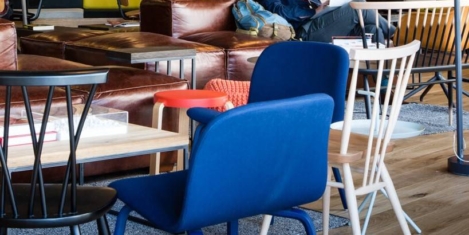
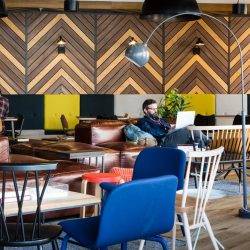
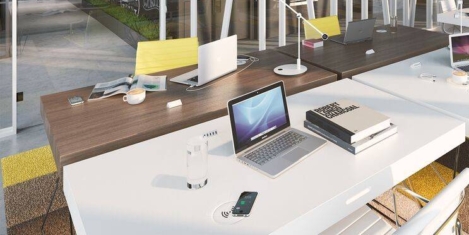
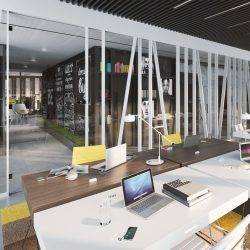

 Office rents have begun to slip across Central London, and the chief reasons could be uncertainty around the outcome of the Brexit talks and the UK seemingly missing out on the rising level of global trade, suggests Cluttons’ London Office Market Bulletin Autumn 2017. While the report highlights that many locations in Central London have seen headline office rents hold steady for the better part of two years, rent free periods have been moving out in order to sustain this, but now appear to be at a critical tipping point, level, which is driving some landlords to consider alternative incentives, such as delayed completions. Freddie Pritchard-Smith, Head of commercial office agency at Cluttons said: “Many firms remain nervous about making a long-term commitment to more space, choosing either flexible overflow space or to reconfigure within their existing office. The exception to this of course remains the serviced office and TMT sectors, who have helped transactional levels in the West End to surpass 4 million sq ft already this year, which is paradoxical to the falling rental conditions.”
Office rents have begun to slip across Central London, and the chief reasons could be uncertainty around the outcome of the Brexit talks and the UK seemingly missing out on the rising level of global trade, suggests Cluttons’ London Office Market Bulletin Autumn 2017. While the report highlights that many locations in Central London have seen headline office rents hold steady for the better part of two years, rent free periods have been moving out in order to sustain this, but now appear to be at a critical tipping point, level, which is driving some landlords to consider alternative incentives, such as delayed completions. Freddie Pritchard-Smith, Head of commercial office agency at Cluttons said: “Many firms remain nervous about making a long-term commitment to more space, choosing either flexible overflow space or to reconfigure within their existing office. The exception to this of course remains the serviced office and TMT sectors, who have helped transactional levels in the West End to surpass 4 million sq ft already this year, which is paradoxical to the falling rental conditions.”




 The London office market remains a buoyant market despite Brexit uncertainty, as many organisations see it as the most prestigious location for businesses of any size. In
The London office market remains a buoyant market despite Brexit uncertainty, as many organisations see it as the most prestigious location for businesses of any size. In 










